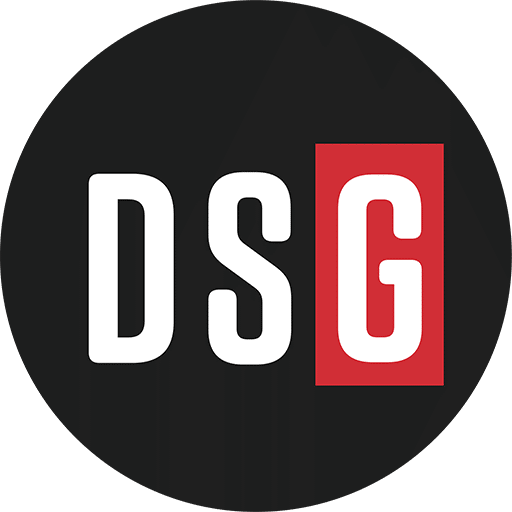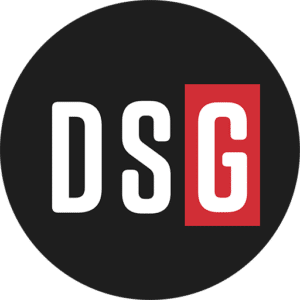QXO Inc. is laying the groundwork for rapid post-acquisition growth with key technology leadership hires as it moves toward the anticipated closing of its $11 billion acquisition of Beacon Roofing Supply at the end of April.
Don’t miss any content from Distribution Strategy Group. Join our list.
On April 21, the Greenwich, Conn.-based distribution platform named Valeri Liborski as chief technology officer. His appointment follows the November hiring of Ashwin Rao as QXO’s first chief artificial intelligence (AI) officer, forming the cornerstone of what the company calls a “digital-first” executive team intended to transform the legacy building products sector.
The timing aligns with QXO’s extended all-cash tender offer to acquire all outstanding shares of Beacon Roofing Supply. The deal has cleared antitrust review in both the U.S. and Canada and is expected to close soon, QXO says.
“This acquisition isn’t just about scale,” says QXO chairman and CEO Brad Jacobs in a statement. “It’s about transforming an already successful business model using technology to drive above-market growth and margin expansion.”
Liborski brings more than two decades of experience leading engineering and digital initiatives at major global companies, including Amazon and Microsoft. Most recently, he served as chief technology officer at HelloFresh, where he oversaw global tech operations for eight brands across 18 countries and managed a team of more than 1,300 engineers. HelloFresh SE is a German meal-kit company based in Berlin. It is among the largest meal-kit provides in the U.S., and has operations in Australia, Canada, New Zealand, and Europe.
Rao, a Stanford University adjunct professor and former vice president of AI at Target Corp., leads QXO’s artificial intelligence strategy. He will head a team of data scientists from a new Palo Alto office focused on AI-powered applications to improve logistics, supply chain performance, pricing, and customer engagement.
“The opportunities to use AI to transform building products distribution are endless,” Rao said. “We’re focused on getting materials to the right place, at the right time, in the right quantities.”
The technology team will begin with an internal audit of Beacon Roofing Supply’s digital infrastructure. That review will identify opportunities to modernize the technology infrastructure and improve efficiency across ecommerce, warehousing, inventory management, and last-mile delivery, QXO says.
Planned investments include an AI-powered dynamic pricing engine, advanced demand forecasting, robotics in distribution centers, AI sales enablement tools, upgraded fleet routing systems, and an improved ecommerce interface.
QXO says it will build on the progress Beacon has already made. Since early in 2024, The $9.1 billion distributor has been scaling up its Ambition 2025 plan to grow digital sales to 25% of revenue by year-end. Tools like Beacon PRO+, a contractor-facing portal for managing orders and job sites, and Smart Order, powered by EagleView’s aerial imagery for material planning, have improved efficiency and contractor experience, Beacon says.
Jacobs emphasized that QXO’s growth strategy is rooted in rapid execution. “We’re confident we can double Beacon’s EBITDA over five years,” he said. “We’d agree on a big to-do list—and execute it methodically.”
With approximately 80% of Beacon’s revenue coming from repair and remodeling projects, the company benefits from consistent demand that is less sensitive to economic cycles, says QXO. The average U.S. commercial building is over 50 years old, and there is a nationwide shortage of four million homes—underpinning long-term demand for roofing and exterior materials, according to QXO. Beacon also operates primarily in the U.S., limiting its exposure to global tariffs and supply chain disruptions.
“We expect it (the Beacon deal) to be the first of many acquisitions for QXO,” says a QXO spokesperson. “It will put us on a pathway to our stated goal of $50 billion in revenue. Beacon is the second-largest distributor of roofing products in a $70 billion to $80 billion sector. It’s exactly the kind of business we want as our foundation.”
QXO executives also pointed to Jacobs’s record of executing complex integrations. As CEO of XPO Logistics, Jacobs oversaw the 2015 integration of Norbert Dentressangle and Con-way, doubling profits within three years, QXO says. “The building products industry fits the same playbook we’ve used in other sectors,” the spokesperson added. “It’s a large, growing, and highly fragmented market—with more than 20,000 distributors worldwide, including 7,000 in North America alone. We know how to apply technology to make businesses more efficient—and that’s exactly what we’ll do with Beacon.”
The new hires position Beacon Roofing Supply to deliver a broader set of advanced digital tools to roofing contractors, many of whom still rely on traditional methods like phone orders and manual scheduling, says Brian Beck, managing partner at Master B2B and an expert in B2B digital transformation.
With Liborski leading infrastructure upgrades and Rao building out AI-driven systems, Beacon could enable contractors to manage their businesses with greater visibility, automation, and efficiency, Beck says. Smart delivery routing, real-time job site tracking, and predictive inventory could all soon become standard features, he adds.
“This gives Beacon a clear leg up in providing digital value to its contractor customers,” Beck says. “Contractors are hungry for tools that reduce complexity and delays. If Beacon can deliver that, competitors will have to respond.”
As QXO looks to expand through additional acquisitions, Beck says its technology-led model could ripple across the 7,000 North American distributors still relying on older information systems. The message is clear: Scale alone won’t be enough—digital capability will define the next phase of competition, Beck says.


